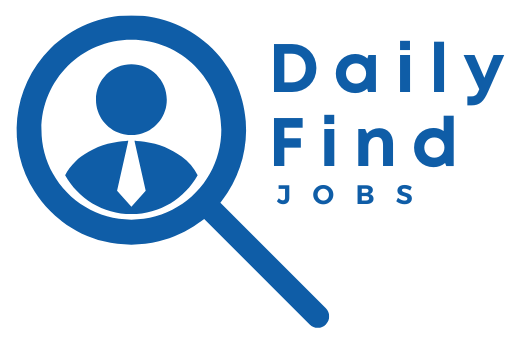Transitioning to a new career can be daunting, but with the right resume strategies, you can effectively convey your potential to employers. Our tips focus on helping career changers like you stand out in competitive fields. By highlighting transferable skills, crafting a compelling summary, showcasing your achievements, and tailoring each application, you’ll be well on your way to landing that dream job. Let us guide you through this exciting change with these essential resume tips.
Highlight Transferable Skills
When you’re transitioning into a new career, highlighting transferable skills can make a significant difference in catching a potential employer’s attention. Transferable skills are those abilities you’ve developed in one role or industry that are applicable to a different position. They often include problem-solving, communication, leadership, and organizational capabilities.
To make these skills stand out, start by thoroughly reviewing the job description for the role you’re targeting. Identify the key skills they’re looking for, and match them with your own experiences. Use specific examples to demonstrate how you’ve applied these skills in past roles. For instance, if the job description emphasizes the need for strong project management skills, recall instances in your previous job where you managed a project from start to finish, highlighting outcomes and any challenges overcome.
Create a separate section in your resume specifically for transferable skills. Use bullet points to list each skill, followed by a brief explanation or example of its previous application. This will make it easier for employers to quickly identify the relevance of your background to their needs.
In addition, you can incorporate these skills into the experiences listed under your previous job titles. Use action verbs to emphasize their impact and efficiency. For example, rather than simply stating you led a team, describe how you ‘orchestrated a team to streamline operations, resulting in a 20% increase in productivity.’
Don’t underestimate softer skills like teamwork and adaptability, which are highly valued across all industries. By crafting your resume with a clear focus on these transferable skills, you’ll convey your readiness to tackle new challenges and reassure potential employers of your value in their organization.
Craft a Compelling Summary
When transitioning careers, crafting a compelling summary on your resume is crucial. A well-written summary serves as your professional elevator pitch, briefly explaining your career trajectory and showcasing why you’re a strong candidate for the new role. Start by connecting your past experiences to the job you’re targeting, and highlight your unique selling points upfront.
Use powerful language to convey confidence in your abilities. For example, phrases such as “proven track record” or “demonstrated expertise” can instantly grab the attention of hiring managers. Remember to keep your summary brief, ideally between 50 to 100 words, to ensure it remains impactful.
Incorporate industry-specific keywords related to your desired field to bypass automated systems and make sure it resonates with human readers. Tailoring your summary for each application by aligning it with the specific job description will make your case more compelling. Avoid using generic statements; instead, personalize it to reflect your genuine interest in the new career path.
If you’re transitioning to a different industry, underscore your transferable skills and how they align with the potential role. Demonstrating an ability to adapt and your enthusiasm to tackle new challenges will enhance your resume’s effectiveness.
Showcase Achievements
One effective way to capture the attention of potential employers is by showcasing your achievements prominently in your resume. Listing achievements not only provides concrete evidence of your capabilities but also demonstrates your potential for success in a new career. When detailing achievements, focus on quantifiable outcomes such as percentages, sales increases, or process improvements. For instance, instead of simply stating you ‘improved sales’, you could specify that you ‘increased regional sales by 20% within six months’.
Additionally, when transitioning careers, emphasize achievements that highlight your adaptability and growth. Consider situations where you have embraced change, learned new skills rapidly, or led initiatives that bridged gaps between departments. These accomplishments illustrate your ability to thrive in new environments and tackle diverse challenges.
Utilize bullet points to make achievements stand out and ensure they are easy to skim. Highlight recognitions, awards, or special projects that align with the job description you are aiming for. Remember, these elements can set your resume apart, making a clearer case for why you should be considered for the role.
Tailor Each Application
When switching careers, it’s essential to customize your resume for each job application. Employers seek candidates who demonstrate a genuine interest in their specific role. Start by carefully reading the job description and identifying key skills and experiences that the employer values.
Use this information to align your resume with their priorities. For instance, if a position emphasizes leadership abilities, highlight roles where you’ve successfully led a team or project. Adapt the language and terminology to match the job ad whenever possible.
Another important aspect is to personalize your cover letter to complement your tailored resume. Address the hiring manager directly, mention the company’s name, and explain why you’re particularly interested in working with them. Tailoring your applications takes time, but it significantly boosts your chances of standing out from other candidates and catching the employer’s attention.

